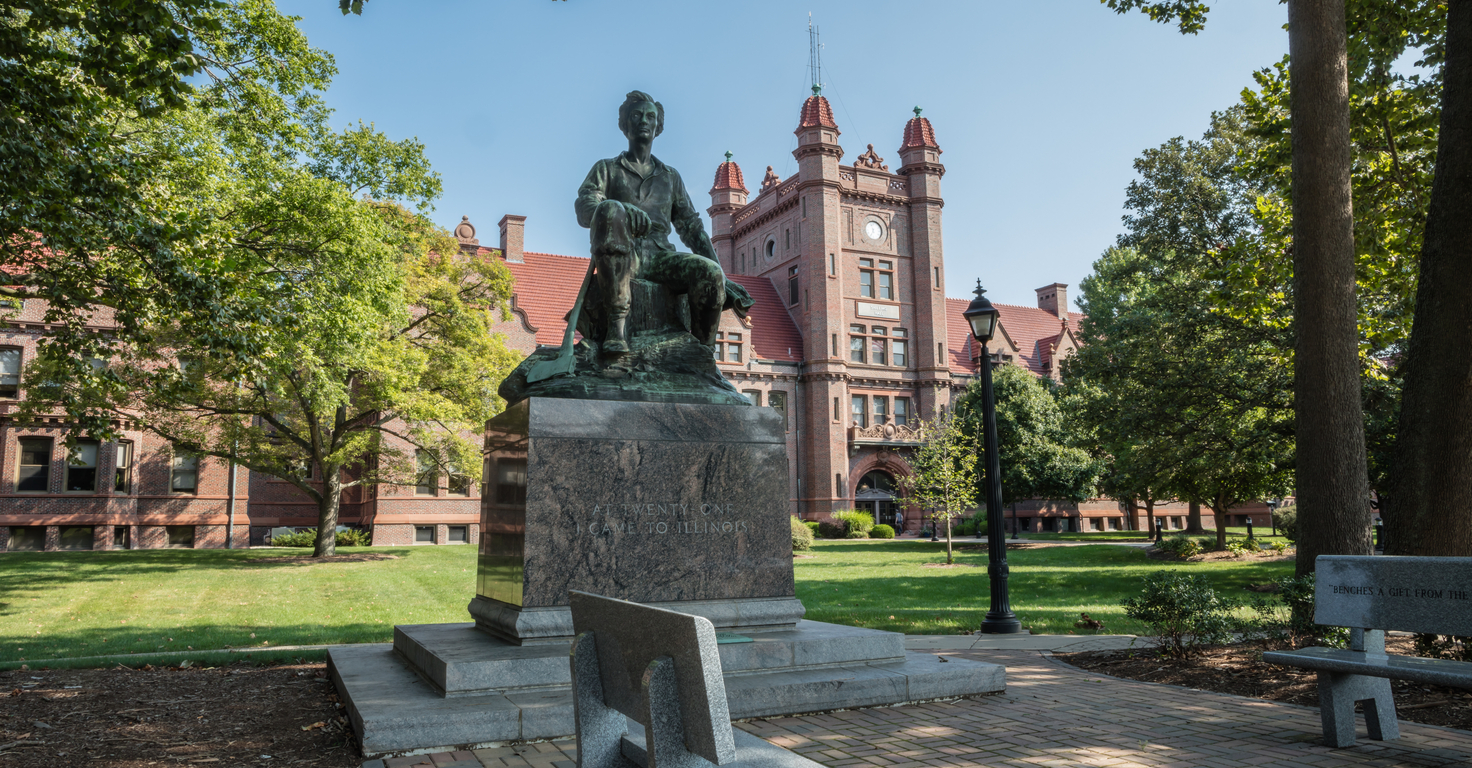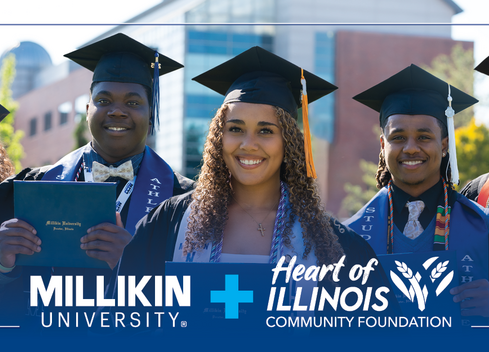DECATUR, Ill. – When Alexis Stoufee graduated from Millikin University with a Nursing degree in 2019, she was eager to begin her career in medicine and quickly landed a position in the Intensive Care Unit (ICU) at Springfield Memorial Hospital. But just a few months later, the first patients showing signs of COVID-19 began to fill the ICU, beginning what would prove to be an incredibly challenging 2020 for Stoufee.
“Just six months later, we are in a pandemic, and at the time, they didn't know anything about COVID. It was very traumatic for anybody who experienced that, no matter what your role was in the hospital at that time,” Stouffe said. “I feel like I learned so much and watched the CDC's guidelines so we didn't get infected. I feel like that demonstrated the importance of research.”
And just a few months later, Stoufee received shocking news following a routine abdominal scan that she had lung cancer.
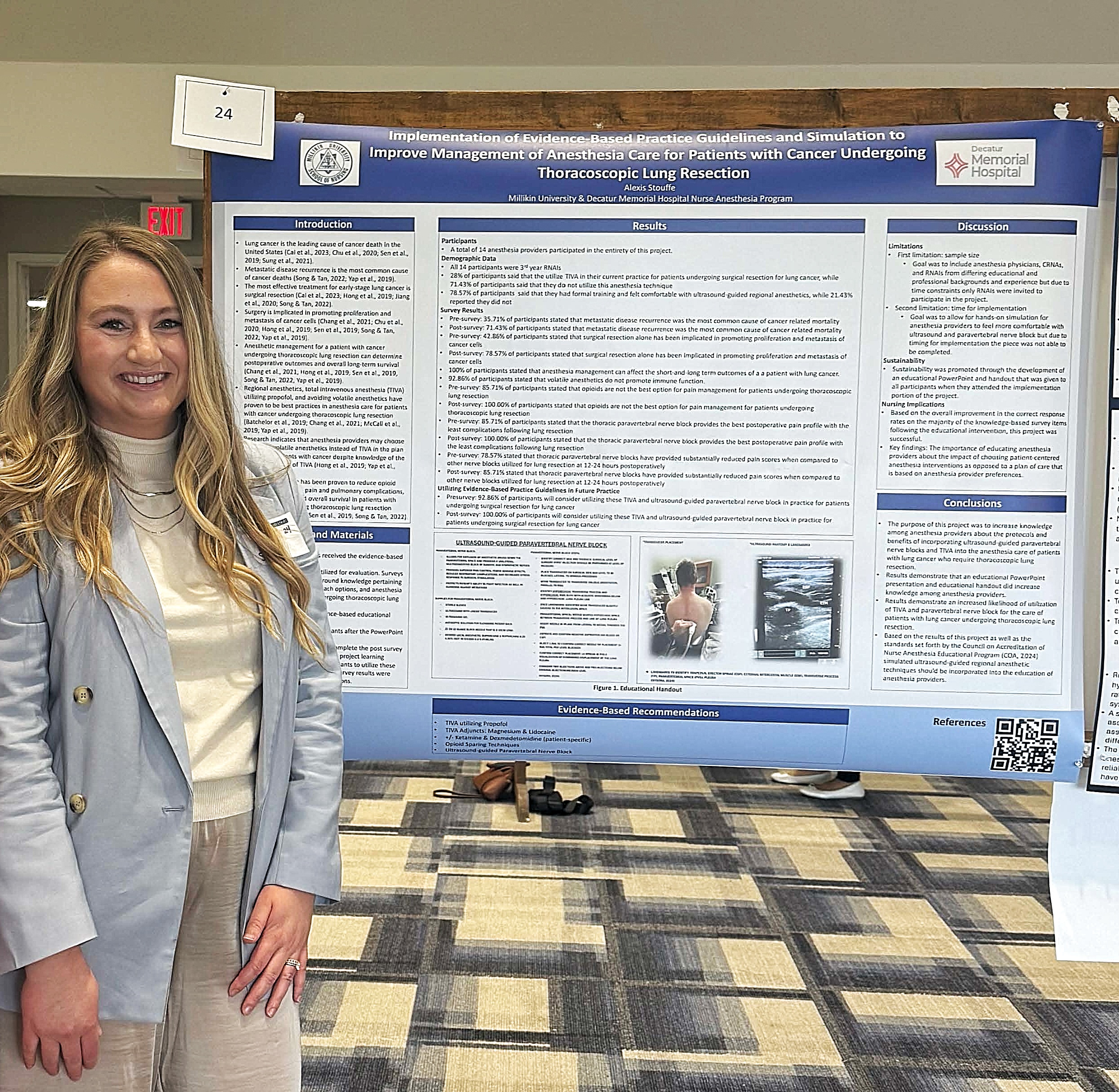
“With my diagnosis, it was a freak thing. I got a scan for something completely different, and they happened to catch it,” she said. “It wasn't even a lung scan, so I got very lucky. It was also at a very early stage in Stage I. They were able to resect it, so no chemotherapy, no radiation.”
Lung cancer is typically diagnosed in Stage III or Stage IV because the symptoms are similar to other diagnoses, and once you have lung cancer, there is an 80% recurrence rate within five years. That recurrence rate caused Stoufee to pursue Millikin’s Doctor of Nursing Practice degree with a specialization in Nurse Anesthesia (DNP-NAP) program, and she knew what she wanted to research for her doctoral project.
At the 2025 Judith & G. Richard Locke Poster Symposium, Stoufee presented that research and was awarded first place and the Phi Kappa Phi Award for best poster by the panel of judges.
Stoufee’s project was done with Dr. Dana Flatley, Program Director of the DNP-NAP program, and centered on the best practice guidelines to improve the management of anesthesia care for patients who were going through a lung resection.
“After the surgery, there was a lot of pain, and it was hard to walk. I couldn't breathe, and all I was thinking about was recurrence. Am I going to get this cancer back?,” Stouffe said. “When I thought about this project, I thought, what can we do to mitigate the risks for these patients that come in and have a chance to fight this?”
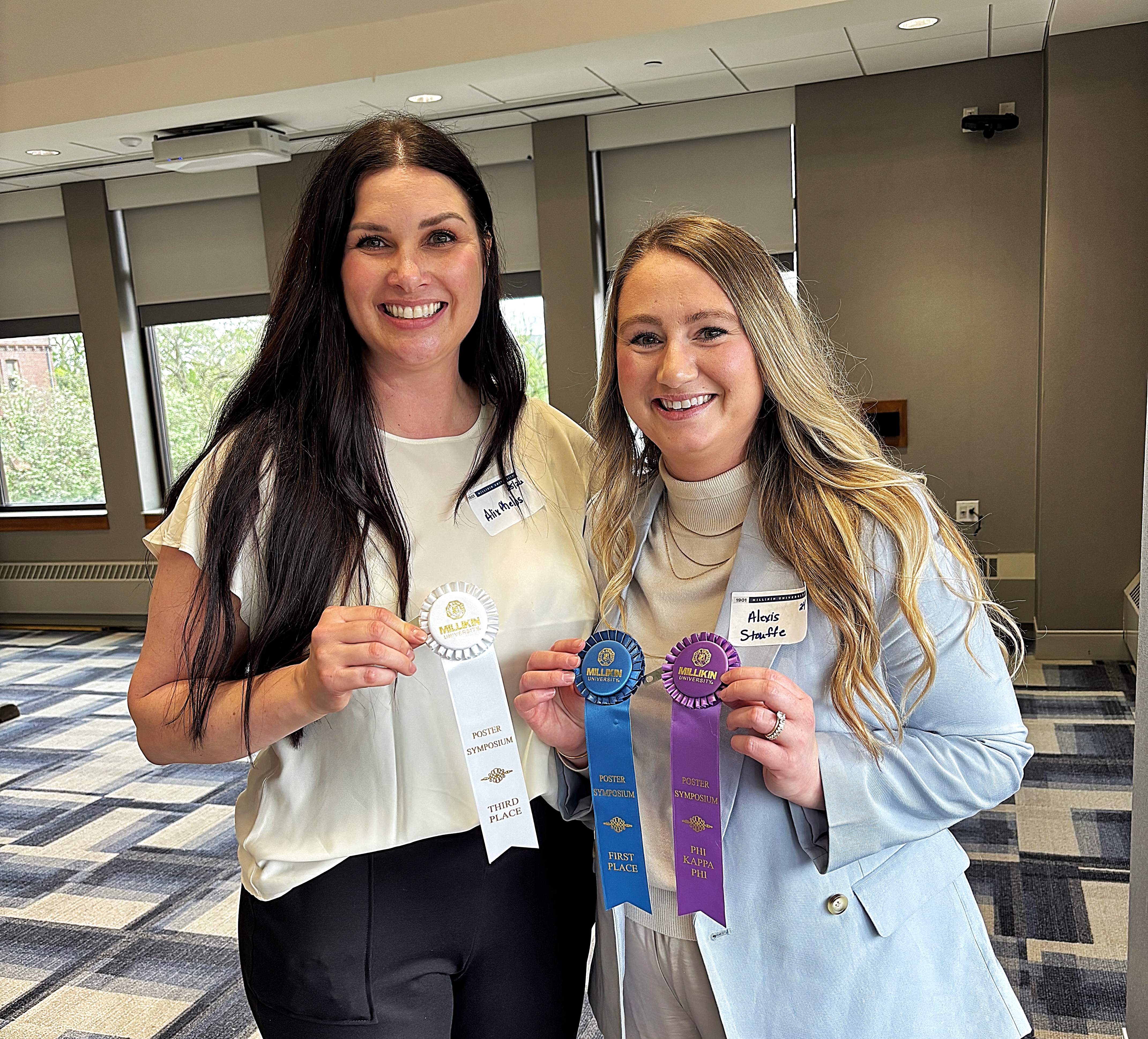
Stoufee presented at the Poster Symposium as an undergraduate and enjoyed getting back to the event and sharing her research with her peers, faculty members, and the panel of judges that included many Millikin alumni.
“(The Poster Symposium) is a great experience. If you can do it twice and go to graduate school at Millikin, too, it is great to go and have a second go around. The first time is nerve-wracking because it is your first time talking to professionals about your research. The second time around, it's a lot easier,” Stouffe said. “Even though we have been working on this research for two years, there was still a lot of anxiety, but it's a lot easier when it's something that you're passionate about and something that you correlate with your own life.”
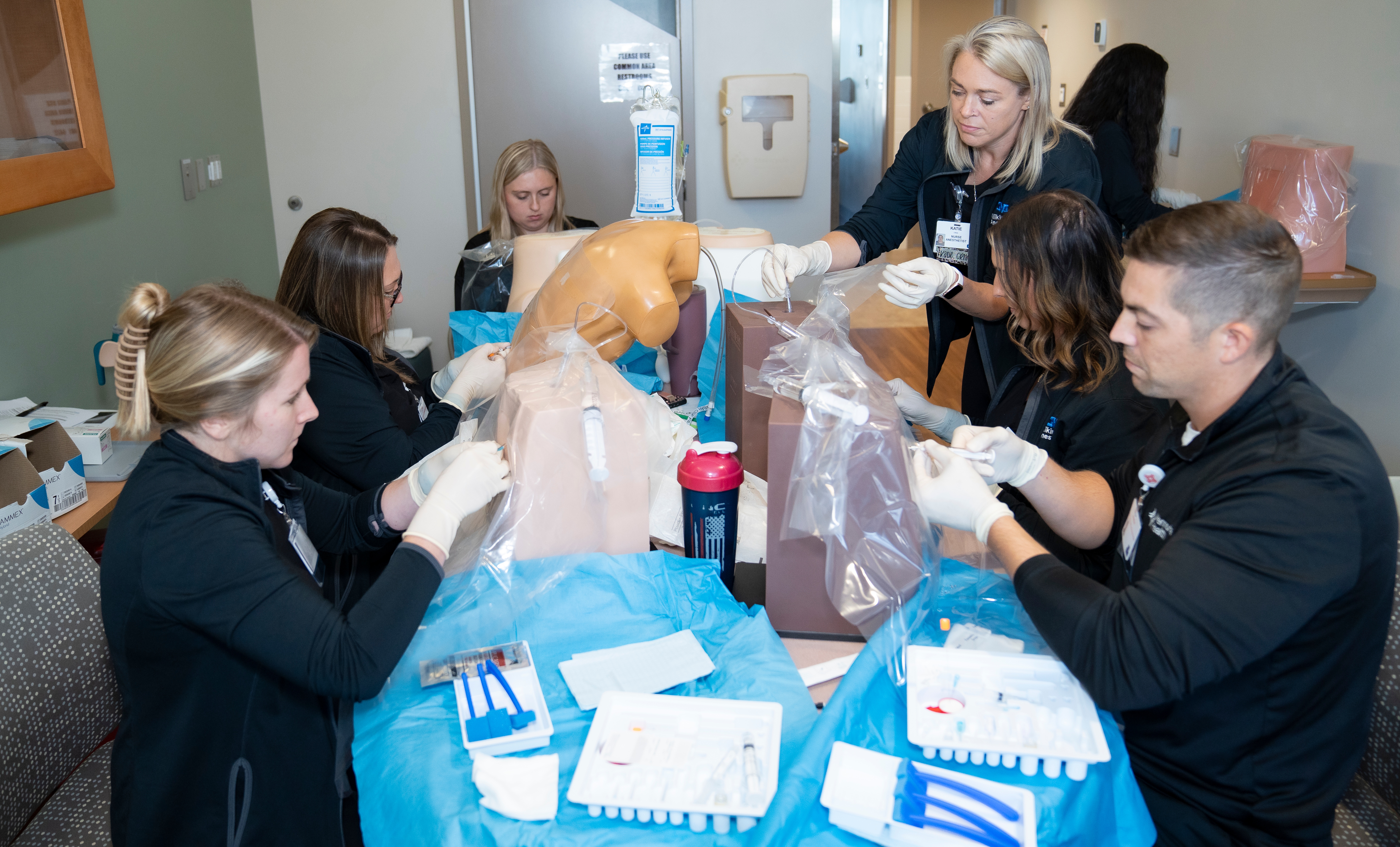
Stouffe picked Millikin for her undergraduate studies to receive a small college experience, and she believes returning to campus for the DNP-NAP program gives her an advantage over programs from larger universities.
“I love my program, and it's been a blessing to do my undergrad through Millikin and then go all the way through to a graduate program. I feel very blessed because it's such a small, tight-knit community,” Stoufee said. “I feel like I've been given opportunities that some of the bigger college campuses haven't. They don't know everybody by name there, and it's been a great experience for me.
“Millikin has moved mountains. The professors, the support staff, and just everyone. Millikin is a fabulous institution, and I am blessed to be a part of it. I think anyone with an opportunity to be a part of Millikin should take it.”
